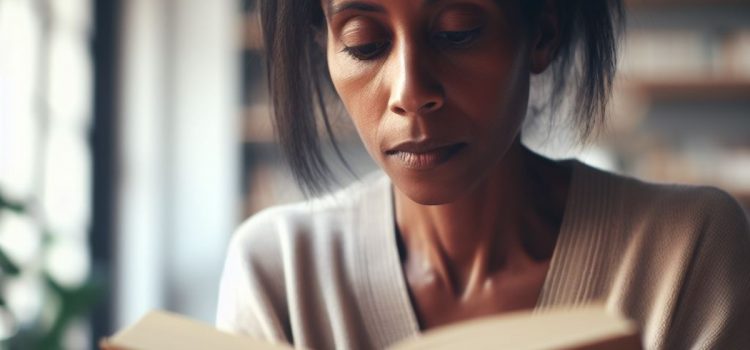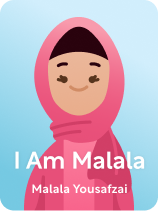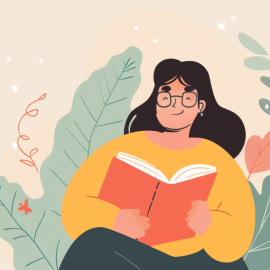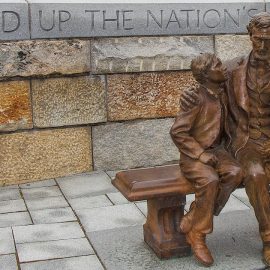

This article is an excerpt from the Shortform book guide to "I Am Malala" by Malala Yousafzai. Shortform has the world's best summaries and analyses of books you should be reading.
Like this article? Sign up for a free trial here.
When do we grasp the significance of our voices? What weapons are more powerful than guns and bombs? What did Malala Yousafzai ask God for?
In I Am Malala, Nobel Peace Prize winner and girls’ education activist Malala Yousafzai answers these questions by recounting her life story. She covers her origins in poverty, her campaign for girls’ education in Pakistan, and her eventual shooting at the hands of the Taliban.
Continue reading for several I Am Malala quotes from Malala Yousafzai along with some context and explanation to help you understand her ideas.
I Am Malala Quotes
I Am Malala, a New York Times best-seller, recounts the amazing and inspiring story of a girl who courageously defies the Taliban even after a failed attempt on her life. We’ve collected a few I Am Malala quotes from Malala Yousafzai to give you a sense of the book.
“We realize the importance of our voices only when we are silenced.”
By the time Malala was 15, she had been speaking out against the Taliban, at increasingly greater personal risk, for four years. She and her family had been receiving threats from the Taliban for a year. On October 9, 2012, Malala was riding the bus home from school with 19 other girls when Taliban soldiers pulled them over. A man asked for her by name, then shot her in the face point-blank. Miraculously, she survived. The Taliban later claimed responsibility for shooting Malala. They said they had done it, not because of her fight for girls’ education, but because she supported Western, secular ideas.
On Malala’s 16th birthday, she gave a speech about girls’ education at the UN in New York. She wrote the speech not just for the UN delegates, but for people all over the world whom she hoped to inspire. She also founded the Malala Fund, which works to ensure that girls around the world receive an education.
“Let us pick up our books and our pens; they are the most powerful weapons.”
After Malala’s recovery, she went to Kenya to build a school and to Nigeria to show solidarity with schoolgirls abducted by militants. She went to the White House to discuss girls’ education with US President Barack Obama. She told the president that, instead of trying to root out terrorism through war, the US should work to eliminate terrorism through education.
“Once I had asked God for one or two extra inches in height, but instead he made me as tall as the sky, so high that I could not measure myself.”
Malala started to speak out against the Taliban when she was 11 years old by doing group interviews with her classmates, in which they spoke about girls dropping out of school because of the Taliban. But, when her classmates reached 13 and 14, the men in their families didn’t want them to give interviews anymore because they were afraid the Taliban would punish them for not observing purdah after puberty. Malala had the support of her father and believed it was important to speak the truth, so she continued. She believed God would protect her because she was doing what was right.
“My mother always told me, ‘Hide your face people are looking at you.’ I would reply, ‘It does not matter; I am also looking at them.'”
Malala’s family often went to stay with her father’s family in the mountain village where he grew up. There, women couldn’t leave the house without covering their faces, and they weren’t allowed to speak with men unless they were close relatives. Malala didn’t cover her face in the village, even when she became a teenager. The people in the village criticized her, but her father defended her.
“We human beings don’t realize how great God is. He has given us an extraordinary brain and a sensitive loving heart. He has blessed us with two lips to talk and express our feelings, two eyes which see a world of colors and beauty, two feet which walk on the road of life, two hands to work for us, and two ears to hear the words of love. As I found with my ear, no one knows how much power they have in their each and every organ until they lose one.”
When Malala regained consciousness after getting shot, she had no idea what had happened, where she was, or why her vision and hearing on her left side weren’t working and her thoughts were muddled. She couldn’t speak, so she wrote basic phrases in English on a notepad. She couldn’t walk properly. Slowly, she regained her speech and practiced walking.
When Malala was reunited with her family, they were distraught to see that the left side of her face was paralyzed, and she couldn’t smile. Doctors operated to repair Malala’s damaged facial nerve; after three months, the movement slowly began returning to her face.

———End of Preview———
Like what you just read? Read the rest of the world's best book summary and analysis of Malala Yousafzai's "I Am Malala" at Shortform.
Here's what you'll find in our full I Am Malala summary:
- Malala Yousafzai's autobiography about growing up in a society where women lack rights
- A look at Yousafzai's origins in poverty to her campaign for girls’ education
- How she survived getting shot at point-blank by the Taliban






